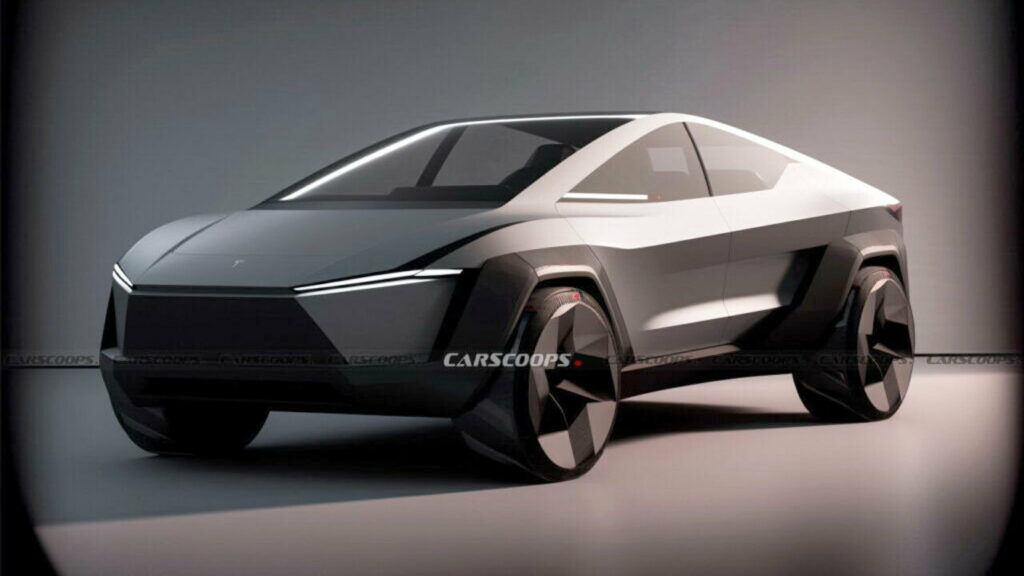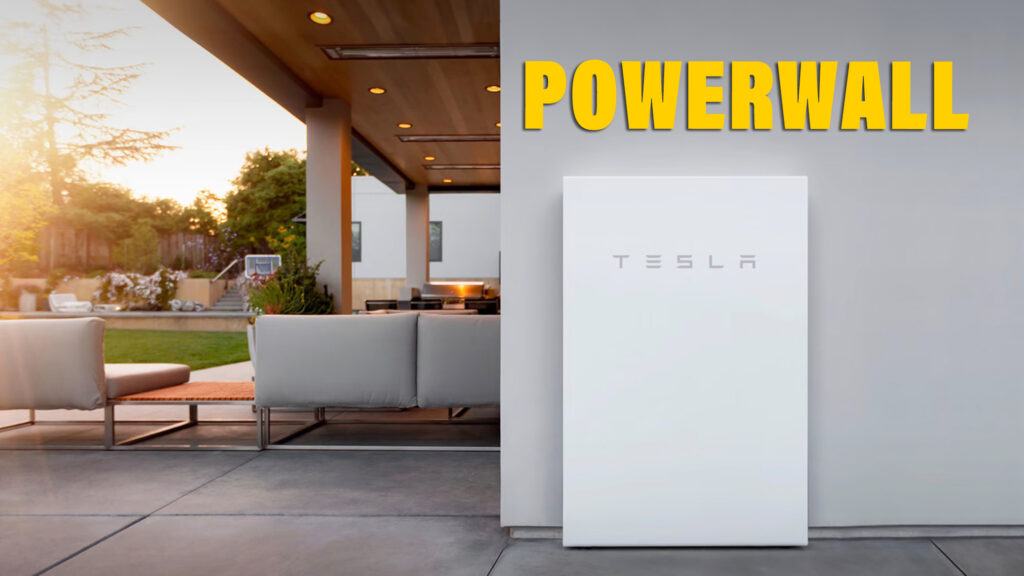It’s no secret that Tesla is in talks with the Indian government about setting up a car factory in the country. The automaker plans to build its still-secret baby EV there – no doubt to help bring it in at the suggested $25,000 price point that would make it almost half as expensive as a Model 3. But we’d heard no reports of Tesla also planning to build a static storage plant in India, until now.
Reuters reports that during recent meetings in New Dehli related to the car factory plan, Tesla proposed a second plant that would build the company’s Powerwall battery storage systems. These allow homes and businesses to store energy, for example, generated by solar panels during the day, so that it can be used at night, or during power outages.
India is still heavily dependent on coal-based power, and suffers from power cuts when demand is high or, as happened last year, there are problems getting coal to the fire stations. The shortage in available energy is particularly evident at night when solar panels aren’t working and the surplus energy they generated during the day has gone to waste because there is no way to store it.
Related: Tesla Launches New Powerwall 3 With Bigger Output

But while Indian officials aren’t against the idea of Tesla building the Powerall units in their country, they were less keen on the automaker’s request for incentives to set up a plant. A Reuters source said the Indian negotiators told Tesla that no such incentives would be available, but that the government would consider offering subsidies to homeowners and business operators buying the equipment, helping to ensure plenty of demand for the Powerwalls. The sources said there was no guarantee that the plant would be built.
Tesla recently launched a third generation Powerwall that is both smaller and more powerful than Powerwall 2. But the firm isn’t the only automaker branching out into the static storage space. Others including GM and Hyundai are also leveraging the battery know-how gained during development of EVs to create and market Powerwall-type devices of their own.








